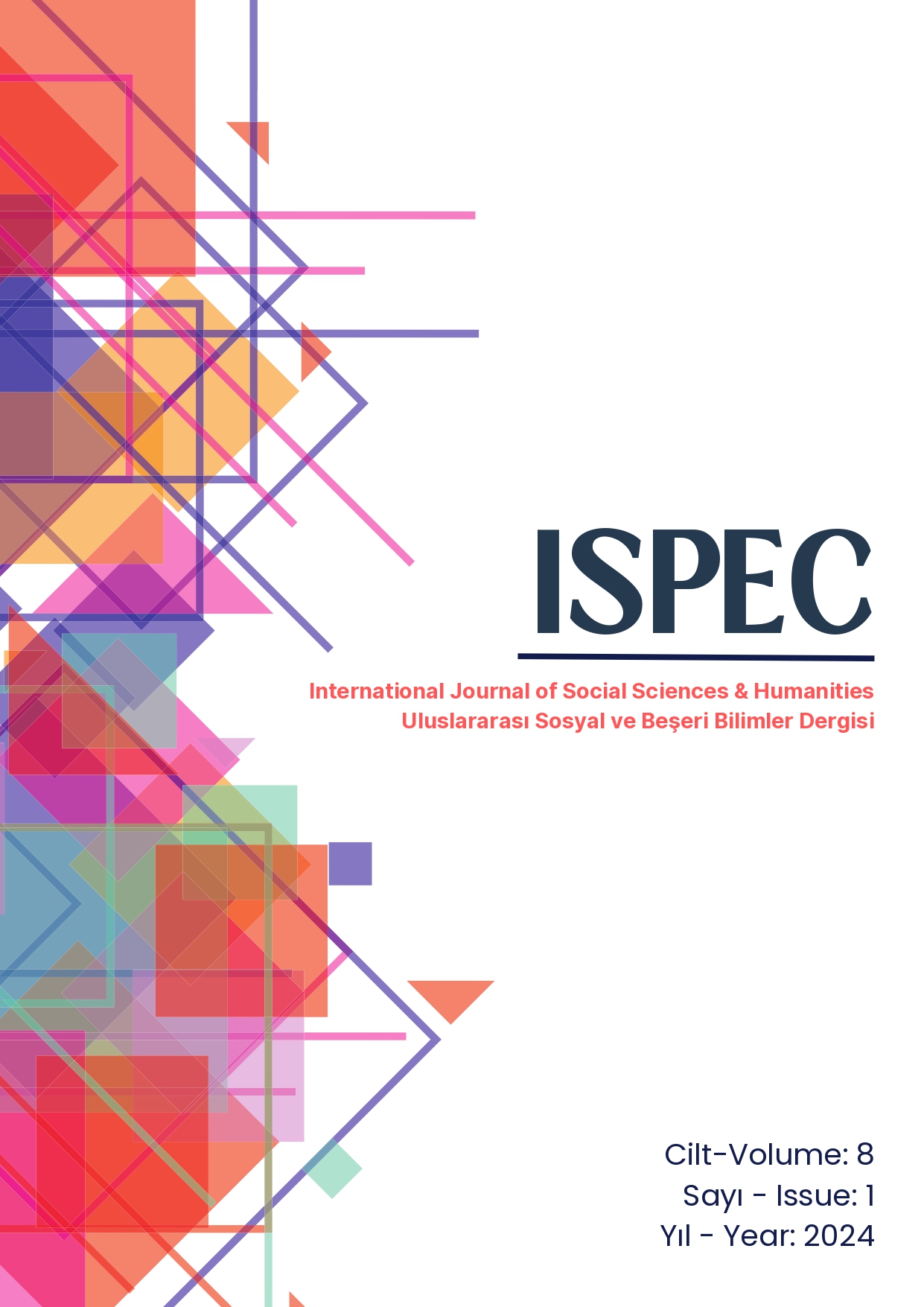Atıf Yılmaz Movies From The Perspective Of Feminist Theory In Cinema
DOI:
https://doi.org/10.5281/zenodo.10838533Keywords:
Cinema, Atıf Yılmaz, Feminism, WomanAbstract
Turkish cinema has produced films with the Yeşilçam style of production for many years. These types of films are primarily commercial films that aim to achieve success at the box office. With the start of television broadcasts in our country and the development of the video industry, there was a greater need for cinema. Despite the Turkish audience's desire to leave movie theaters and watch movies at home for a while, the interest in movies has not decreased in our country. It can be seen that the films shown in movie theaters, especially in the last twenty years, are mostly commercial films produced according to the wishes of the public. However, before this period, it is seen that directors in the field of cinema turned to different themes and made productions that said something other than commercial films, highlighted women's issues or told women's stories. Again, evaluating this period for Turkish cinema through Atıf Yılmaz's films and addressing it from the perspective of the director's work, which paved the way for films dealing with women's themes, will be important in terms of how women's issues are represented in Turkish cinema. It is possible to say that Atıf Yılmaz, who featured female characters in most of his films or tried to deal with women's issues, had a positive impact on the generation of directors who came after him in this sense.
References
Akyurt, K. (2018). Feminist Eleştiri Bağlamında Atıf Yılmaz Filmlerinin İncelenmesi, ODÜ Sosyal Bilimler Enstitüsü.
Alim Şerif Onaran (1994). Türk Sineması, Cilt 2, (Pdf yayın)
Anonim, 2023a. https://globalenstitu.com/konu/yesilcam-donemi-sinemasi/
Anonim, 2023b. https://ekitap.ktb.gov.tr/TR-80305/yesilcam-anlatisi
Anonim, 2023c. https://www.sineplusakademi.com/yesilcam-sinemasi
Anonim, 2023d. www.milliyet.com.tr/molatik/hayat/yesilcam-nedir
Arslantepe, M. (2010). Sinemada Feminist Teori, 3. Uluslararası Bir Bilim Kategorisi Olarak Kadın: Edebiyat, Dil, Kültür ve Sanat Çalışmalarında Kadın Sempozyumu. http://akademikpersonel.kocaeli.edu.tr/marslantepe/bildiri/marslantepe (E.T.: 20.01.2018)
Atasoy, A.D. (2013). Sinema ve Televizyonda Görsel Haz ve Sinemasal Çözümlemeler. TOJDAC.
Bora A., Günal A. (2016). 90’larda Türkiye’de Feminizm (6. Baskı). İstanbul: İletişim Yayıncılık.
Çalışkan, S. (2006). Atıf Yılmaz Sinemasında Kadının Sunumu. (Yayınlanmamış Yüksek Lisans Tezi). İstanbul Üniversitesi, Sosyal Bilimler Enstitüsü, İstanbul.
Çalışkan, S. T.C. (2006). İstanbul Üniversitesi Sosyal Bilimler Enstitüsü Radyo-Televizyon - Sinema Ana Bilim Dalı Yüksek Lisans Tezi Atıf Yılmaz Sinemasında Kadının Sunumu.
Demiray, E. (1991). Atıf Yılmaz’da Kadın. Kurgu Dergisi. s. 117-122
Hablemitoğlu, Ş. (2009). Sosyal Hizmet Kuram ve Yaklaşımları, Atatürk Üniversitesi Açık Öğretim Fakültesi. https://docviewer.yandex.com.tr/view/0/?*= (E. T. : 18.01.2018)
Hıdıroğlu İ., Kotan S. (2015). Sinemada Eril Söylem Ve Atıf Yılmaz Filmlerinde Kadın Sorunu. Atatürk İletişim Dergisi. s. 55-75
Ryan M., Kellner D. (2016). Politik Kamera (3. Baskı). Elif Özsayar (Çev.) İstanbul: Ayrıntı Yayınları.
Taş, G. (2016). Feminizm Üzerine Genel Bir Değerlendirme: Kavramsal Analizi, Tarihsel Süreçleri Ve Dönüşümleri. Akademik Hassasiyetler Dergisi. s.163- 175
Timisi, N. (2011). Sinema Araştırmaları: Kuramlar, Kavramlar, Yaklaşımlar. Murat İri (Der.), Sinemaya Feminist Müdahale: Laura Mulvey’de Psikanalitik Seyirciden Teknolojik Seyirciye (s. 157-182). İstanbul: Derin Yayınları.
Türkoğlu, E. (2015). Uluslararası İlişkiler Kuramında Feminizm. (Yayınlanmamış Yüksek Lisans Tezi Selçuk Üniversitesi, Sosyal Bilimler Enstitüsü, Konya.
Downloads
Published
How to Cite
Issue
Section
License
Copyright (c) 2024 ISPEC International Journal of Social Sciences & Humanities

This work is licensed under a Creative Commons Attribution-NonCommercial-NoDerivatives 4.0 International License.






